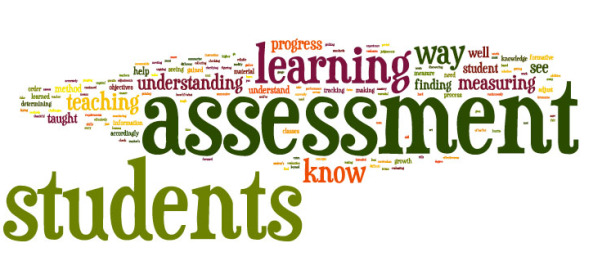
M6u2a3-McNeese-Pre-Assessment for Differentiation
Exemplar- Renaissance Partnership for Improving Teacher Quality Annotated Teacher Work Sample EIGHTH GRADE ALGEBRA: EQUATIONS AND COORDINATE PLANES (DECEMBER 2003)
My topic– is solving multi-step equations including equations with a variable on both sides of the equal sign. In addition, students will learn how to create equations for a variety of word problems and solve these problem types.
Pre-Assessment– 10 question quiz (Pre-Assessment) which includes four big objective questions from prior lessons and six questions covering the objectives of the new Unit. Questions from prior lessons will help ensure there are no gaps that need to be closed before starting a new unit. I will use questions from the prior unit’s summative assessment using different numbers or scenarios. I want to make sure students understand prior terms and definitions and are able to solve simple one-sided equations and create equations for simple word problems. In addition, I will include a self-assessment form for students to complete. This will allow students to see where they are and what areas need to be developed. This process will be repeated at the end of the unit as a comparison of student growth related to the new unit.
The pre-assessment showed students divided into three groups. Five students answered most, including the most difficult, of the pre-assessment questions correctly. Twelve students have some prior knowledge about the new topic but need to develop higher order thinking skills. And five students who appear to have limited knowledge about both the new topic and some prior material.
The five higher level students’ works will include higher level activities such as performance/project based activities and assessments. Students will be asked to solve real-world applications. Formative assessments will include computer simulations and projects from Digital Youth Network – which includes game design. These students will also work with Carnegie Tutors which is a program allowing computer-based practice and teaching using real-world applications. Carnegie Tutor will allow students to learn and practice independently while I spend more one-on-one time with struggling students. I will also use a program called Mathalicious which helps students develop higher order, cognitive thinking skills as related to math. In addition, I would require these students to do more self-assessment, writing tasks, and self-reflections.
Differentiated teaching for the twelve students who have some knowledge about the topic, but need to develop higher order thinking will consist of small group activities, bookwork, real-world applications, development of mental math skills, use of math games (such as cool math and hooda math) and guided practice. Guided practices will be both teacher-led practices as well as computer practices using ixl.com. IXL.com is very useful to teach a specific skill or standard. This program is also common core aligned. Warm-ups will be designed to access prior knowledge and keep prior knowledge fresh in students’ minds. As this student group increases in knowledge and skill, practice using simulations will be included (Gizmo).
Differentiated teaching for the five students who identified as appearing to have limited knowledge about the topic will consist of small group activities, a lot of one-on-one teaching, math games, teaching videos (like Khan academy ), bookwork and computer simulations. Assignments will be broken into bite size chunks with plenty of opportunities to practice learned material. This group will benefit from many teacher-led guided practices, scaffolding activities, and assignments which allow for immediate feedback either from the teacher or from access to answers. Immediate feedback will help students avoid practicing a topic incorrectly.
Lucid Chart Outlining Differentiation Strategies
References
Assessing Prior Knowledge. (n.d.). Retrieved from http://www.cmu.edu: Retrieved from https://www.cmu.edu/teaching/designteach/teach/priorknowledge.html
Differentiation & LR Information for SAS Teachers. (n.d.). Retrieved from Retrieved from https://sites.google.com/site/lrtsas/differentiation/5-preassessment-ideas
Proprofs Quiz Maker. (n.d.). Retrieved from Retrieved from http://www.proprofs.com/quiz-school/